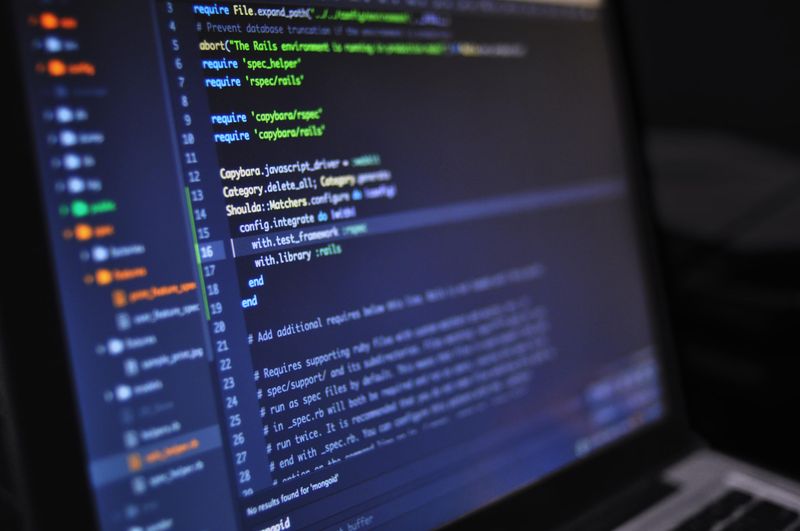Safe Aid: A Digital Solution for Privacy-Protected Humanitarian Aid Distribution
In a world fraught with violence, famine, and disaster, humanitarian organizations exist to provide assistance and protect the vulnerable members of society. One crucial aspect of their operations is the distribution of goods such as food, blankets, and medical supplies to those in need. However, traditional paper-based systems have proven to be impractical and can be easily circumvented. In contrast, digital solutions have promised scalability and greater efficiency, but have often faced ethical concerns regarding the collection of sensitive recipient data.
Privacy Concerns in Humanitarian Aid Distribution
The gathering, storage, and processing of personal data raise significant ethical issues for humanitarian organizations. Data collection may put vulnerable individuals at risk of being targeted or persecuted, and undermine humanitarian efforts. As an example, the World Food Program in Yemen experienced disagreements with Houthi authorities over the use and control of biometric data.
In light of these concerns, the Security and Privacy Engineering Laboratory (SPRING) of the School of Computer and Communication Sciences and the International Committee of the Red Cross (ICRC) partnered to develop a revolutionary privacy-preserving digital solution for humanitarian aid distribution.
Developing a Privacy-Preserving System
To address privacy concerns, the researchers created a system that uses tokens to decentralize recipient information, reducing the risk of sensitive data exposure. The system leveraged advanced cryptography, which enabled accountability, while still preserving the privacy of the recipients.
Further challenges of the system included the need for scalability, low-cost adoption, and the ability to ensure that each household receives aid once per distribution round. To achieve these goals, the researchers developed two design alternatives, one for smartphones and the other for smart cards.
The Impact and Feasibility of the Privacy-Preserving System
The system’s impact is expected to be significant, as it offers a viable solution for digital humanitarian aid distribution that values privacy protection. However, challenges in feasibility and practicality remain, as the system still requires extensive testing before practical application.
Despite the feasibility challenges, the efforts of the research team and its collaborators demonstrate the benefits of interdisciplinary and cross-organizational collaboration in generating innovative research.
Conclusion: Balancing Privacy and Accountability
Humanitarian organizations are charged with providing aid and protecting the most vulnerable members of society while minimizing harm and enhancing accountability. The SPRING Lab and ICRC partnership offers a substantive contribution to the intersection of privacy, data protection, and humanitarian aid.
For future research, a focus on developing more privacy-preserving models for humanitarian aid distribution must continue, balancing the need for accountability and transparency and protecting the privacy of the vulnerable individuals they aim to help.
Ultimately, the responsibility of maintaining privacy protection, data security, and confidentiality rests on the shoulders of all stakeholders, including governments, organizations, and individuals, as we navigate the landscape of complex data challenges in the digital age.

<< photo by Tobias Tullius >>
You might want to read !
- Meta Fined $1.3 Billion by EU Regulators for Data Transfer Breaches
- French Authorities Intensify Clearview AI Investigation, Sparking 20% Increase in Legal Trouble
- “Unveiling the Tentacles of the Elusive ‘0ktapus’ Threat Group: 130 Firms Victimized”
- How the Buhti Ransomware is Targeting Organizations Worldwide
- New Approaches to Browser Security: Insights from Forrester [Webinar Recap]
- Why the launch of OX-GPT is a significant advancement for AppSec?
- “Zyxel’s Security Patch: Urgent Action Required for Firewall and VPN Products”
- Barracuda Email Security Appliances Breached by Threat Actors
- The Growing Threat: Enterprises Experience More Malware Attacks Than Smaller Organizations, According to Netwrix Report




